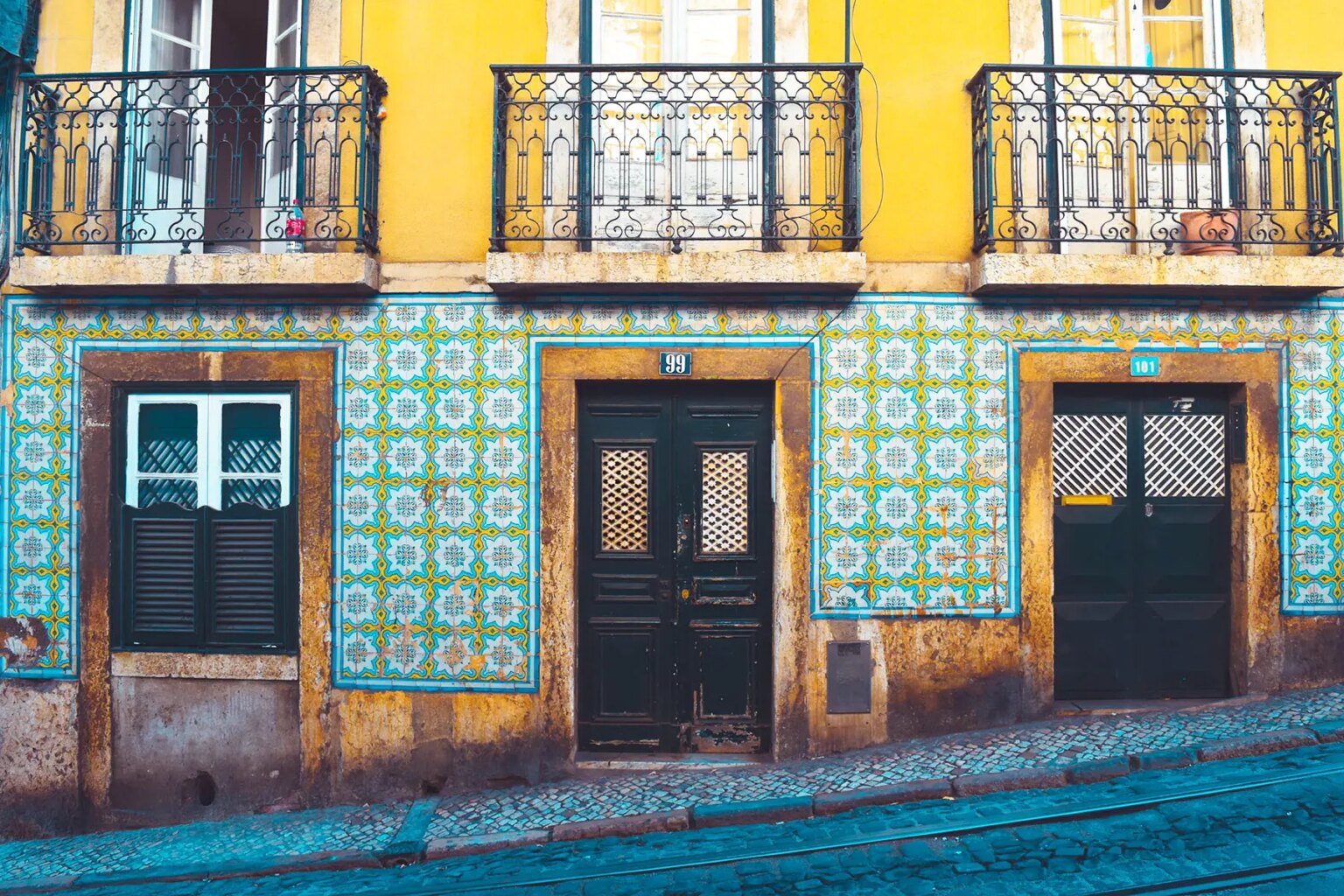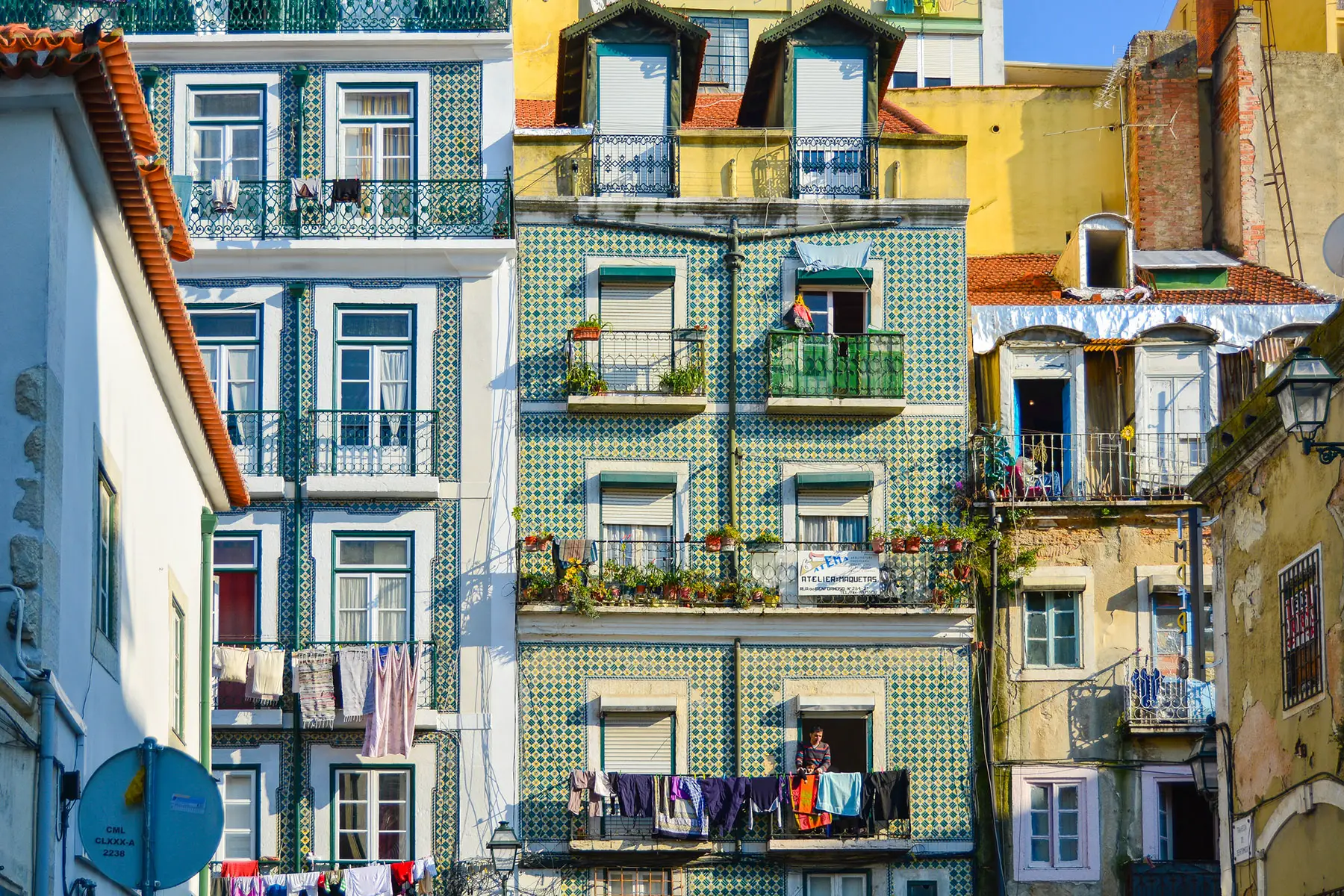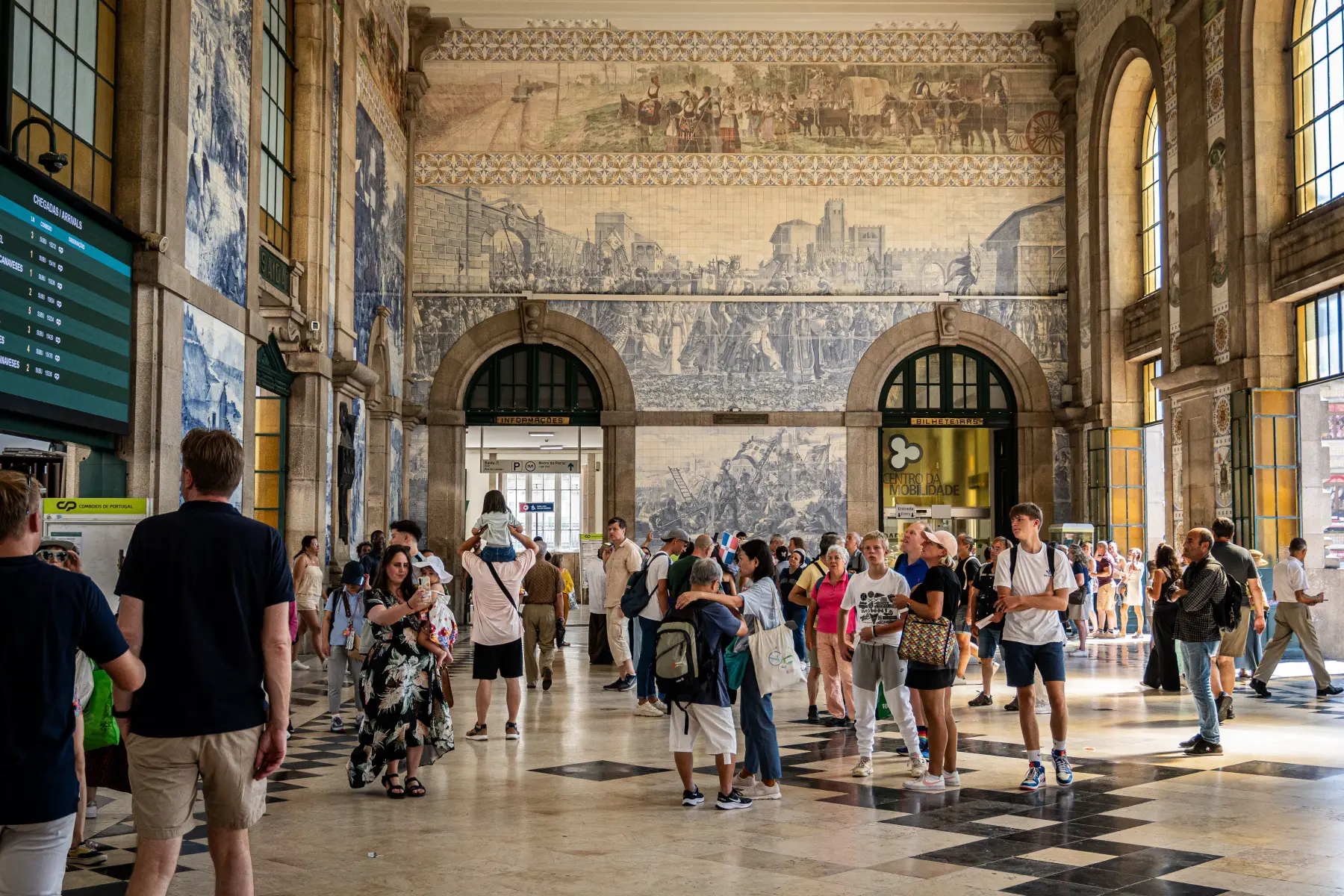Whether you want to buy a home in Portugal or are looking to invest in its real estate market from a distance, it’s likely that you’ll need to take out a mortgage. The rules and how much money you can borrow are different, depending on your residency status and the purpose of your property purchase.
Here’s what you need to know about the topic:
- Should you buy property in Portugal?
- Mortgages in Portugal
- Who can get a mortgage in Portugal?
- Types of mortgages in Portugal
- Mortgage rates in Portugal
- How much can you borrow in Portugal?
- How to apply for a mortgage in Portugal
- Additional costs of mortgages in Portugal
- Is property insurance required in Portugal?
- When are mortgage repayments in Portugal?
- Refinancing a mortgage in Portugal
- Useful resources
Upscore
With Upscore, you can get a mortgage in Portugal using income from your home country, with lenders matched to your needs. They allow you to apply remotely, compare rates, and get personalized support. Get the most value out of your financial data and unlock opportunities wherever you move with Upscore.
Should you buy property in Portugal?
Historically, the country has been very affordable for buying property. In recent years, however, there have been concerns about the impact of foreign investment on house prices in areas such as Lisbon and the Algarve.
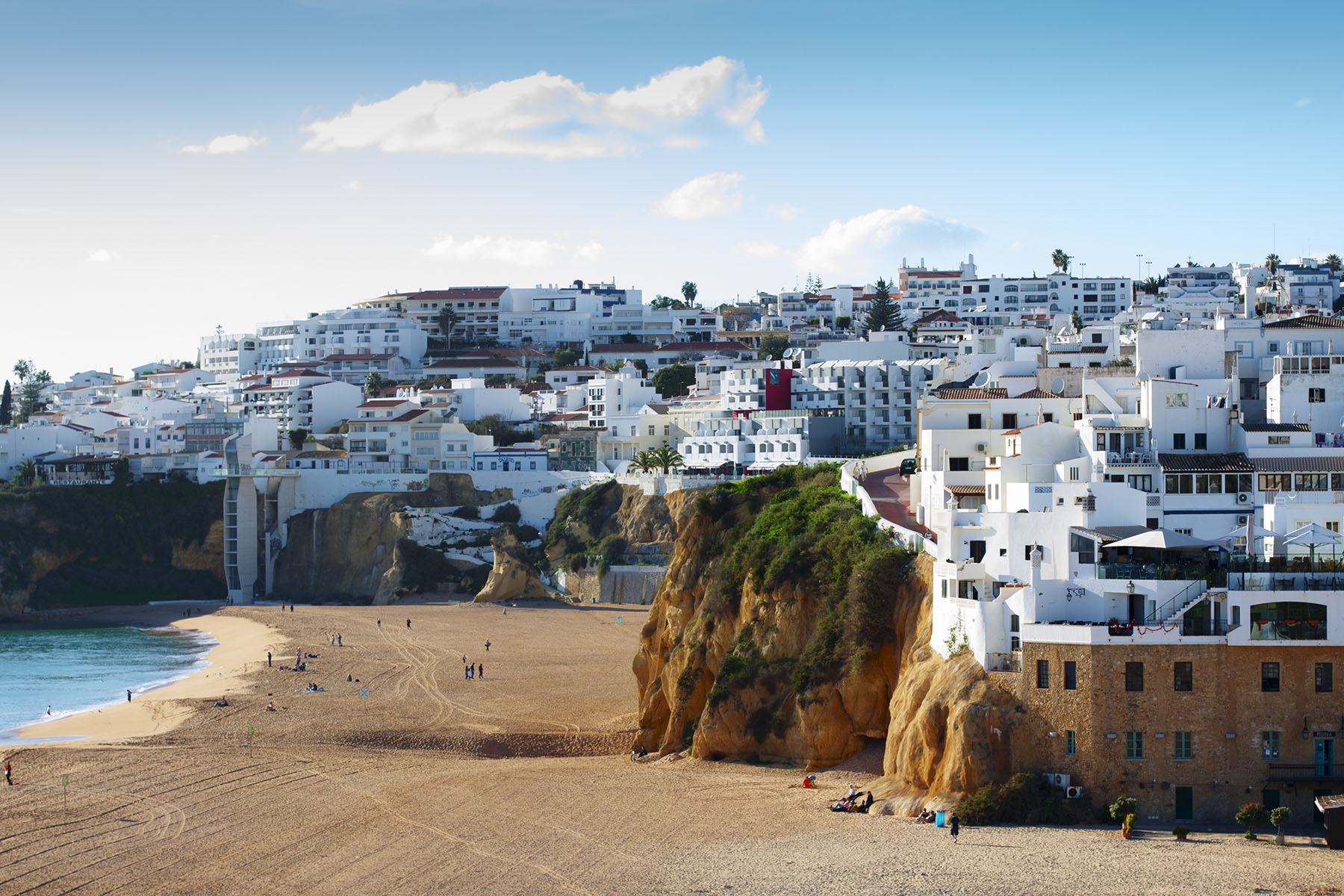
Data from Portugal’s National Statistics Institute (Instituto Nacional de Estatística – INE) shows that foreigners spent more than twice the amount of money on properties than Portuguese nationals in the last quarter of 2021. These figures are based on foreign buyers who had their official tax residency in another country.
The influx of foreign cash into the property market resulted in Portugal placing limits on its Golden Visa program. While the program previously allowed non-EU investors to get Portuguese citizenship by buying real estate, this is no longer allowed.
Regardless, it’s recommended that first-time residents start out renting a place so they can get used to the different areas and learn more about the property market. That way, they can avoid any additional costs of buying real estate. If you’re planning to stay in Portugal for the long term, purchasing a property is likely a savvy move.
You can read more about the pros and cons of homeownership in our article on housing in Portugal.
Mortgages in Portugal
Portugal is a nation of homeowners. Around 78% of residents have bought their own property, a figure well above the European Union (EU) average of 70%.
Mortgage (hipotecas) lending in the country has risen in the last few years, with outstanding mortgage balances reaching 99 billion in 2022. Data from Statista shows 38% of residents have a mortgage, compared to an EU average of 27%. This puts Portugal broadly in line with France, Switzerland, and the United Kingdom (UK). A further 41% of Portuguese residents own their home outright.
If you’re looking to take out a mortgage in Portugal, how much you’ll be able to get and on what terms depends on a few factors. These include your residency status, employment status, and financial circumstances.
Who can get a mortgage in Portugal?
Almost everyone with a good credit score can get a mortgage in Portugal. As in other countries, having a secure job and a stable income will improve your chances of getting approved. It is, however, possible to get a home loan if you’re self-employed or retired.

There are also no restrictions on foreigners taking out a mortgage in Portugal. However, it is likely to be easier to get a home loan if you have Portuguese residency. Expat residents can borrow at a higher loan-to-value level and have a greater choice of lenders and deals. For expert help finding a lender that meets your needs, try a service like Upscore. Their advisors can match you with your ideal Portuguese mortgage offer.
If you’re looking to buy a property under the Golden Visa program, you might want to take out a mortgage to boost your buying power. To qualify for the program, you’ll need to spend between €280,000 to €500,000 on the property, depending on the location. If the home costs more than the threshold for your area, you can take out a mortgage to cover the remainder of the purchase price.
Types of mortgages in Portugal
You can take out both a variable-rate or fixed-rate mortgage:
- Variable-rate mortgages (hipotecas de taxa variável) – this is a commonly available option. If you choose a variable-rate deal, your interest rate will fluctuate during the term of the loan. How much it changes is based on the Euribor (Euro Interbank Offered Rate). The regularity with which your rate will be reviewed depends on which Euribor the mortgage is indexed on. More on this below.
- Fixed-rate mortgages (hipotecas de taxa fixa) – these mortgages involve a specific rate that is set for a number of years. During this time your monthly repayments will remain the same. Fixed-rate mortgages can be more expensive than variable-rate deals, but you’ll be protected from fluctuations in the Euribor rate. Fixed terms can last as little as one, two, or five years. Some lenders also offer mortgages with their rates fixed for the entire term of the loan.
The vast majority of mortgages in Portugal are offered on a repayment basis. That means your monthly payments will cover some of the amount you’ve borrowed, plus interest charged by the bank. Interest-only mortgages – where you only pay the interest each month and repay a lump sum at the end of the term – are uncommon.
Mortgages usually last for 25 years, though it might be possible to get a 30-year term depending on your circumstances. Lenders will require the mortgages to be fully repaid by the age of 70, 75, or 80.
Buy-to-rent mortgages in Portugal
If you’re looking to buy a property in order to rent it out, you can get a buy-to-rent mortgage. These likely require a much bigger deposit than if you were buying a home to live in. Portuguese lenders might ask for a downpayment of up to 40% of the property’s value. You’ll also need to show evidence that you’d have enough income to make the mortgage payments, even if you didn’t make any rental income from the property.
Commercial mortgages in Portugal
To get a mortgage on a business property in Portugal, you’ll usually need a deposit of at least 50% of the sale price. The mortgage lender will require information on your intended business, including a business plan if you’re setting up a new company.
Mortgage rates in Portugal
Mortgage rates in Portugal can vary from as low as 1% to as high as 8%. It all depends on things like the value of the property, the size of your deposit, your financial history, and the type of mortgage you’re taking out. For the latest rates, you can check individual bank websites or contact a mortgage broker.

As mentioned above, mortgage rates in Portugal are heavily influenced by the Euribor. When a borrower takes out a variable-rate mortgage, it’s usually charged as the Euribor rate, plus a fixed percentage. There are five different Euribor rates – including a one-month, three-month, and six-month rate. To illustrate, if the relevant Euribor rate is 1% and the mortgage charges Euribor plus 2%, the borrower would pay an interest rate of 3%.
It can be hard to give an estimate of mortgage rates in Portugal, as they can change very quickly. For example, in 2022, the average rates on new mortgages rose from 0.81% in January to 1.47% in June. You can find the latest Bank Lending Rate (the average rate charged by banks when lending to individuals) on the Trading Economics website, which is updated monthly.
How much can you borrow in Portugal?
The amount of money you can borrow when taking out a mortgage will largely depend on whether you have resident or non-resident status in Portugal. To become a resident, you’ll need to adhere to a series of rules, including spending at least 183 days of the year in the country, having a registered address, and paying Portuguese taxes.
Residents can often borrow as much as 80-90% of the property value. Non-residents, however, will be limited to 60-70%. Residents may also be offered higher borrowing limits (the amount you can borrow as a multiple of your annual income). In some instances, borrowers who have their salaries paid into a Portuguese bank account may also get a loan more easily.
To qualify for a mortgage, your application will need to follow the bank’s lending rules. Generally speaking, your monthly repayments – plus ongoing repayments on any existing debts – cannot be more than 30-35% of your monthly income (after tax).
Online mortgage calculator
Many Portuguese banks and mortgage providers have an online mortgage calculator on their websites.
Most calculators calculate an estimated monthly mortgage repayment by looking at your net borrowing, mortgage insurance, and property tax. The mortgage calculator from Quinta Finance also indicates how much you might need to repay on interest, tax, and insurance each month.
How to apply for a mortgage in Portugal
When applying for a mortgage, you can either approach a bank directly or go through an independent mortgage broker. If your Portuguese language skills aren’t quite there yet, an English-speaking broker could be useful. You won’t usually need to pay the broker for their services; instead, the bank you take out the mortgage with will pay them a commission.

The mortgage application process can take some time. With this in mind, It can be worthwhile to start looking for a mortgage as soon as you begin your property search. This will give you time to get your documents in order and help you get a clear idea of how much you might be able to borrow.
How to apply for a Portuguese mortgage: step-by-step
- Get a quote: the lender will give you a no-obligation quote, based on basic information you provide about your finances and the property you’d like to buy
- Submit an application: once you’ve found a property and a mortgage deal you’re happy with, you can submit a formal application, providing the necessary documents
- Get a formal mortgage offer: once the lender has assessed your application, it’ll provide you with an offer
- Get a valuation: next, the bank will conduct a valuation and confirm the property is worth the amount you’re planning to pay
- Proof of deposit: you’ll need to transfer your deposit, after which the lender will finalize your application
- Completion: you’ll sign the property deeds and mortgage agreement in the presence of a notary. You’ll now pay the required taxes and fees to take ownership of the property.
Documents needed to apply for a Portuguese mortgage
To apply for a Portuguese mortgage, you’ll usually need to provide the following documents:
- Proof of ID (e.g., a passport or ID card) and address (e.g., utility bills)
- Proof of income (e.g., payslips, tax returns, or pension statements)
- Employment contract (if applicable). Self-employed applicants will need to provide their most recent tax return, six months of bank statements, and a copy of their company’s accounts.
- Proof of deposit
- Bank statements for the last three months and a reference letter from your bank (not always required)
You’ll also need to supply details of the property you’re buying. Exactly which documents you’ll need can vary. The documents requested can include the following:
- A property plan
- A tax registration document showing that property taxes have been paid
- Land registry documents confirming the current owners
- A habitation license confirming the home is fit to live in
- A building survey and valuation assessment
- An energy rating certificate
Additional costs of mortgages in Portugal
How much you’ll need to pay in additional fees will vary per bank and mortgage. You can expect to pay at least an arrangement fee, administration fee, and deed registration fee.
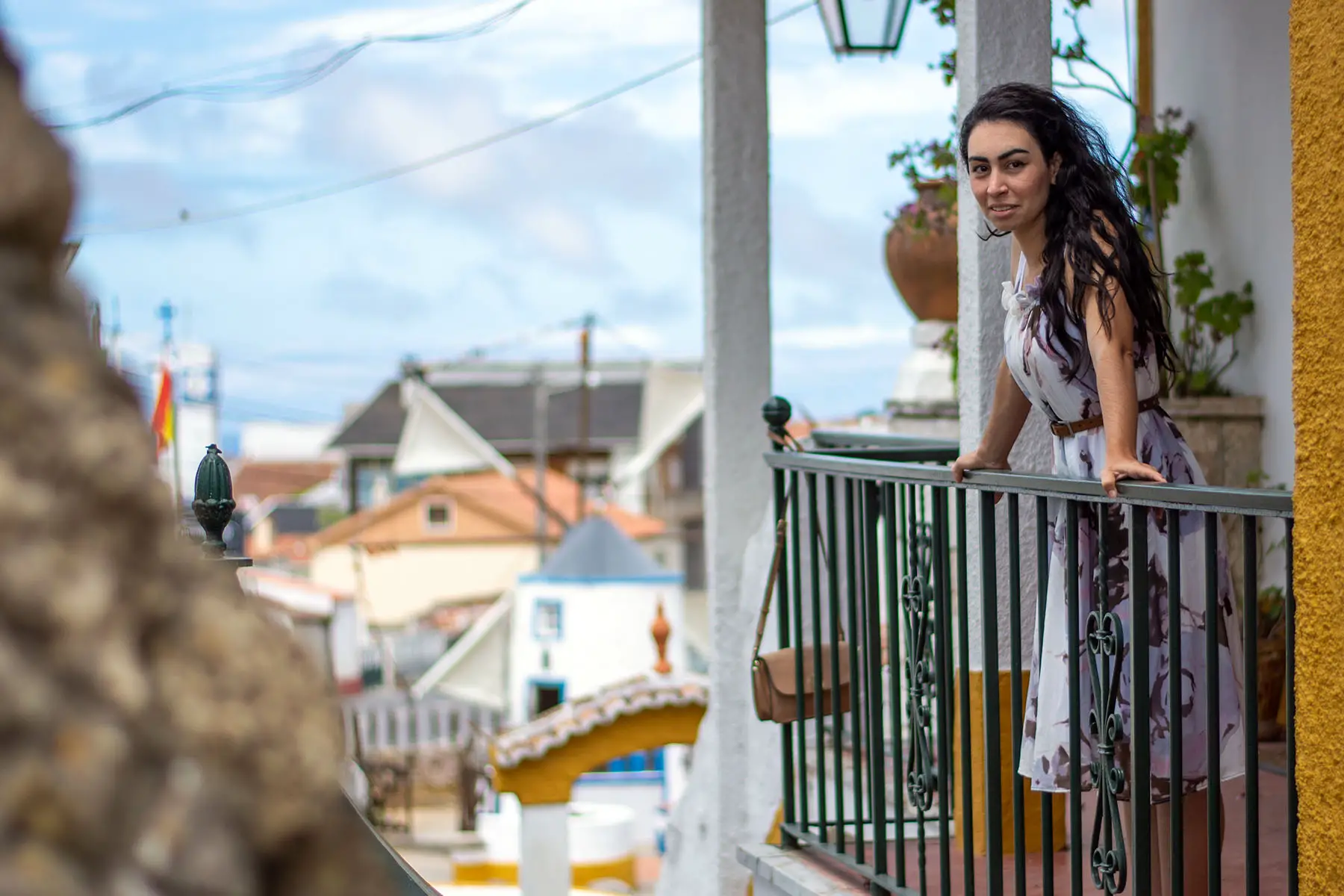
In addition, lenders might charge you a flat non-refundable application or ‘commitment’ fee of around €500. You may also be expected to pay for the lender’s valuation survey, which can range from around €500–800.
Is property insurance required in Portugal?
Banks usually require you to have some form of life insurance before taking out a mortgage. In some cases, you also need medical insurance or building insurance. This last one will cover the cost of housing repairs if there is any damage (e.g., due to fire or flooding).
It could also be beneficial to take out contents insurance to protect your belongings against damage or theft, but this isn’t a requirement.
When are mortgage repayments in Portugal?
Mortgage repayments are usually made on the same date each month, and overpayments are allowed. Extra debt repayments come with an additional fee of 0.5% (if you’re on a variable-rate mortgage) or 2% (if you’re on a fixed-rate mortgage). These fees are set by the Bank of Portugal and are adjusted annually.
Refinancing a mortgage in Portugal
You can choose to refinance your mortgage, for example, to borrow additional money or extend your pay-off term. In that case, you may need to pay early repayment charges on your current loan. Depending on its terms, these charges can vary from around 2% to 5%.
Portuguese lenders can be relatively risk-averse when it comes to extending terms. Most are unwilling to extend the number of remaining years by more than 25%. Banks may be more amenable in allowing you to borrow extra money to fund home improvements, as this will increase the value or energy efficiency of the property. Keep in mind that you must meet their financial criteria, so be sure to ask around.
Useful resources
- Euribor rates – official website with the latest Euribor rates
- Trading Economics – website with the latest Portugal Bank Lending Rate
